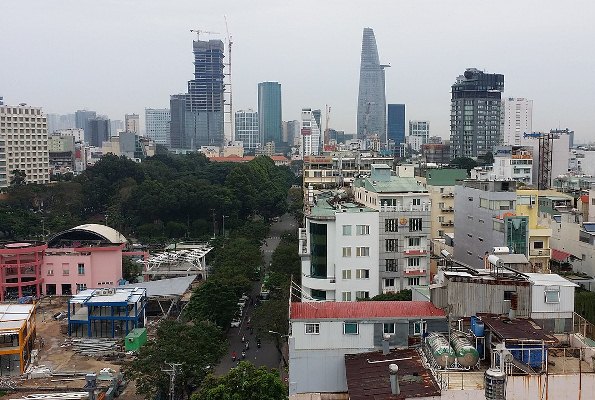Vietnam’s outlook remains positive even as its growth momentum has moderated since the beginning of the year, according to the World Bank’s (WB) bi-annual economic report on the Southeast Asian country.
Real GDP growth for the whole year of 2019 is forecast to decelerate to 6.6% from 7.1% in 2018, the slowdown driven by a weaker external demand and continued tightening of credit and fiscal policies.
In 2020-21, growth is expected to further drop to 6.5%.
The recent slower growth reflected the repercussions of unfavorable external factors on key economic sectors, said the report. The outbreak of African swine fever and a decline in international prices dampened agricultural outputs while weaker external demand moderated growth of the export-oriented manufacturing sector.
However, the service sector performed robustly, signaling sustained buoyancy in domestic demand and especially private consumption.
Despite the growth moderation, Vietnam’s outlook remains positive, the report said.
Risks have continued to intensify, reflecting heightened global uncertainty amid re-escalation of trade tensions and rising financial volatility. Those external risks are compounded by domestic vulnerabilities, including potential slippages in fiscal consolidation. Stated-owned enterprises and banking sector reforms could undermine investor sentiment and growth prospects.
“Vietnam needs to prepare to adjust macroeconomic policies in case some of these risks materialize and lead to a deeper than expected downturn,” said Ousmane Dione, the World Bank country director for Vietnam. “Vietnam will also continue to push for deeper structural reforms, enhance export competitiveness and further deepen trade integration through bilateral and regional agreements.”
Photo: shankar s. from Dubai









